
The Future of Artificial Intelligence: Top AI Trends to Watch in 2025
The Future of Artificial Intelligence: Top AI Trends to Watch in 2025
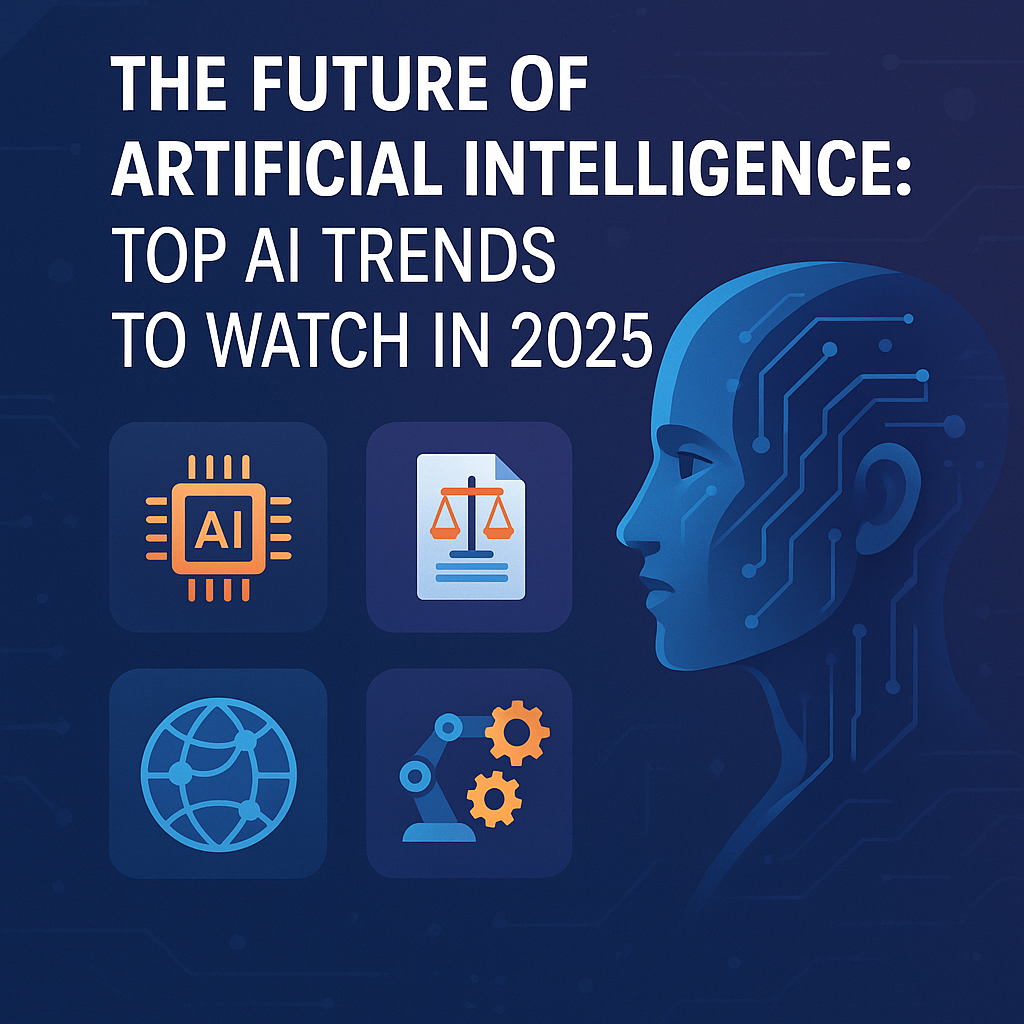
Artificial Intelligence (AI) continues to evolve at an unprecedented pace, reshaping industries, transforming the job market, and influencing the way we live, work, and communicate. As we step into 2025, several groundbreaking trends are expected to dominate the AI landscape. In this article, we explore the most significant AI trends to watch in 2025 and how they will impact businesses, governments, and individuals worldwide.
1. Generative AI Will Become Ubiquitous
Generative AI, led by technologies like ChatGPT, DALL•E, and Midjourney, has rapidly grown in popularity since 2022. In 2025, generative AI will become an essential tool across various industries, including marketing, education, healthcare, and software development. Businesses will increasingly rely on generative AI to create content, design prototypes, generate code, and provide customer support.
Key points:
More advanced text, image, audio, and video generation capabilities.
Enhanced customization for industry-specific tasks.
Widespread integration into everyday software and applications.
2. AI Regulation Will Shape the Industry
Governments worldwide are working to establish clear guidelines and regulations to ensure the ethical use of AI. The European Union's AI Act, the United States' AI Bill of Rights, and similar initiatives in Asia and other regions will play a crucial role in 2025.
Expected developments:
Mandatory AI transparency and explainability standards.
Stricter guidelines for AI models that process personal data.
Global cooperation on AI safety and ethical use.
3. AI-Powered Automation Will Accelerate
Automation has been a core benefit of AI, but by 2025, we will see even deeper integration into supply chains, manufacturing, customer service, and logistics. AI-driven robots and software agents will take on more complex tasks, boosting efficiency and reducing operational costs.
Highlights:
Autonomous delivery systems and smart warehouses.
AI in predictive maintenance and inventory management.
AI chatbots with more human-like interactions.
4. AI in Healthcare Will Expand Rapidly
AI is transforming the healthcare industry, and by 2025, we can expect significant advances in disease detection, drug discovery, and personalized medicine. AI algorithms will play a pivotal role in providing faster diagnoses and improving patient outcomes.
Major trends:
AI-***isted medical imaging and diagnostics.
Predictive ****ytics for early disease prevention.
AI-powered virtual health ***istants and chatbots.
5. The Rise of AI-Generated Content Regulation
As generative AI becomes more accessible, concerns about misinformation, deepfakes, and intellectual property rights will grow. Governments, tech companies, and content platforms will introduce stricter measures to identify, label, and moderate AI-generated content.
Key changes:
Watermarking and traceability for AI-generated media.
Updated copyright laws to address AI-created works.
Platforms enforcing stricter content moderation policies.
6. Edge AI and On-Device Processing
Edge AI, which processes data locally on devices instead of cloud servers, will gain momentum in 2025. This trend will enhance real-time decision-making, reduce latency, and improve data privacy, especially for smart home devices, autonomous vehicles, and wearable technology.
Advantages:
Faster response times and lower bandwidth usage.
Improved security and user data protection.
Broader adoption in consumer electronics and IoT devices.
7. AI-Enhanced Cybersecurity
With the growing sophistication of cyber threats, AI will play a critical role in cybersecurity by enabling real-time threat detection, automated response, and proactive defense mechanisms. In 2025, AI-driven cybersecurity solutions will become indispensable for both large organizations and small businesses.
Key points:
AI for identifying complex attack patterns.
Automated incident response systems.
Improved protection against phishing, malware, and ransomware.
8. AI Democratization and Accessibility
AI tools are becoming more user-friendly and accessible to non-experts. In 2025, no-code and low-code AI platforms will empower businesses and individuals to leverage AI without deep technical expertise. This democratization will accelerate innovation and broaden AI adoption.
Benefits:
More businesses adopting AI solutions.
Increased participation from small enterprises and startups.
Wider access to AI education and training resources.
9. Collaboration Between Humans and AI
Rather than replacing human jobs, AI will increasingly serve as a collaborative partner, enhancing human capabilities and improving decision-making. In the workplace, AI-powered ***istants will help employees with data ****ysis, scheduling, customer insights, and more.
Examples:
AI copilots in software development.
AI-***isted decision-making in finance and healthcare.
Virtual ***istants integrated into daily workflows.
10. AI for Environmental Sustainability
AI will continue to contribute to sustainability efforts, helping address climate change, optimize energy consumption, and reduce waste. In 2025, AI-driven solutions will support smarter agriculture, efficient transportation, and better resource management.
Impact areas:
AI in climate modeling and disaster prediction.
Smart grids and energy-efficient systems.






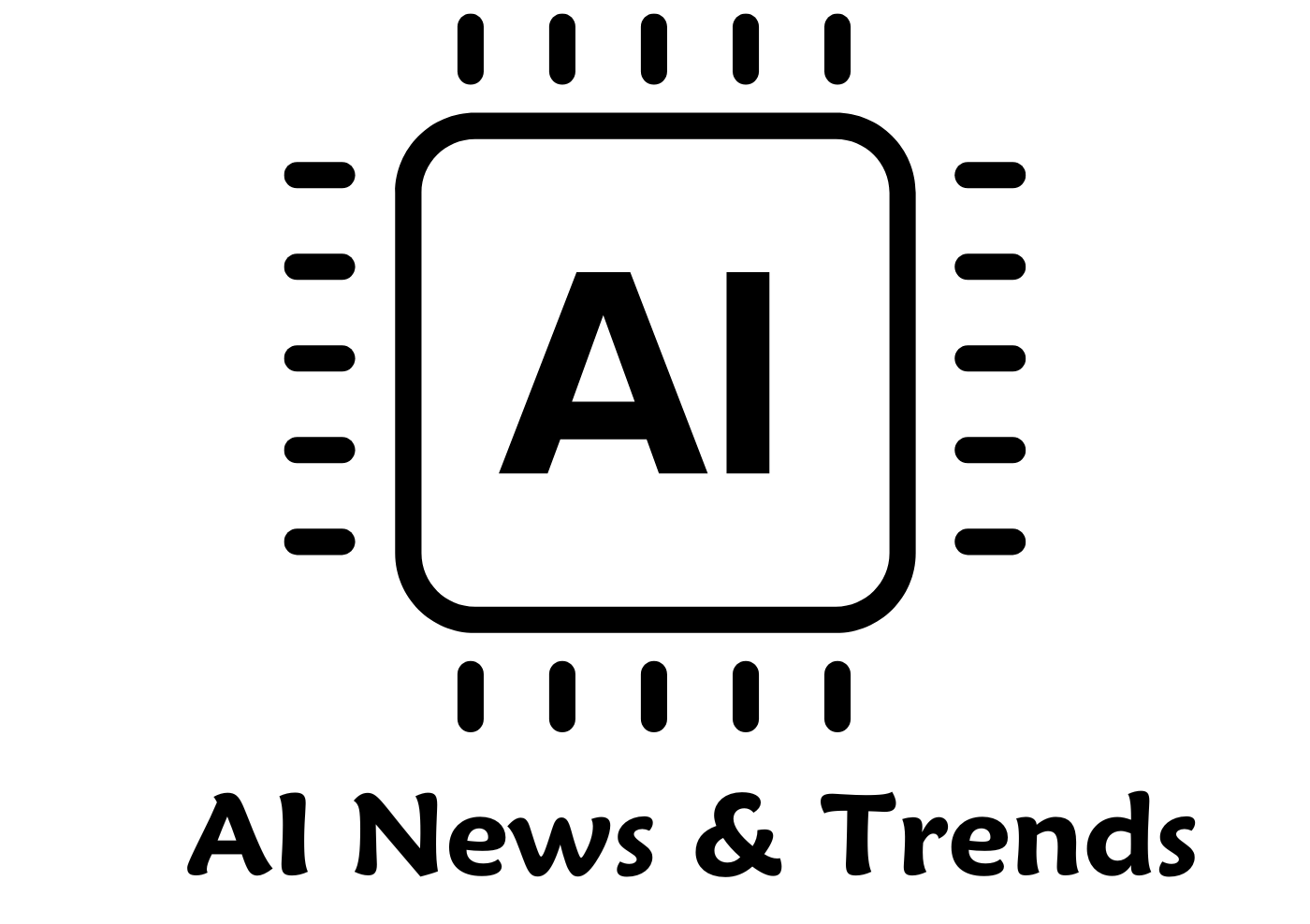




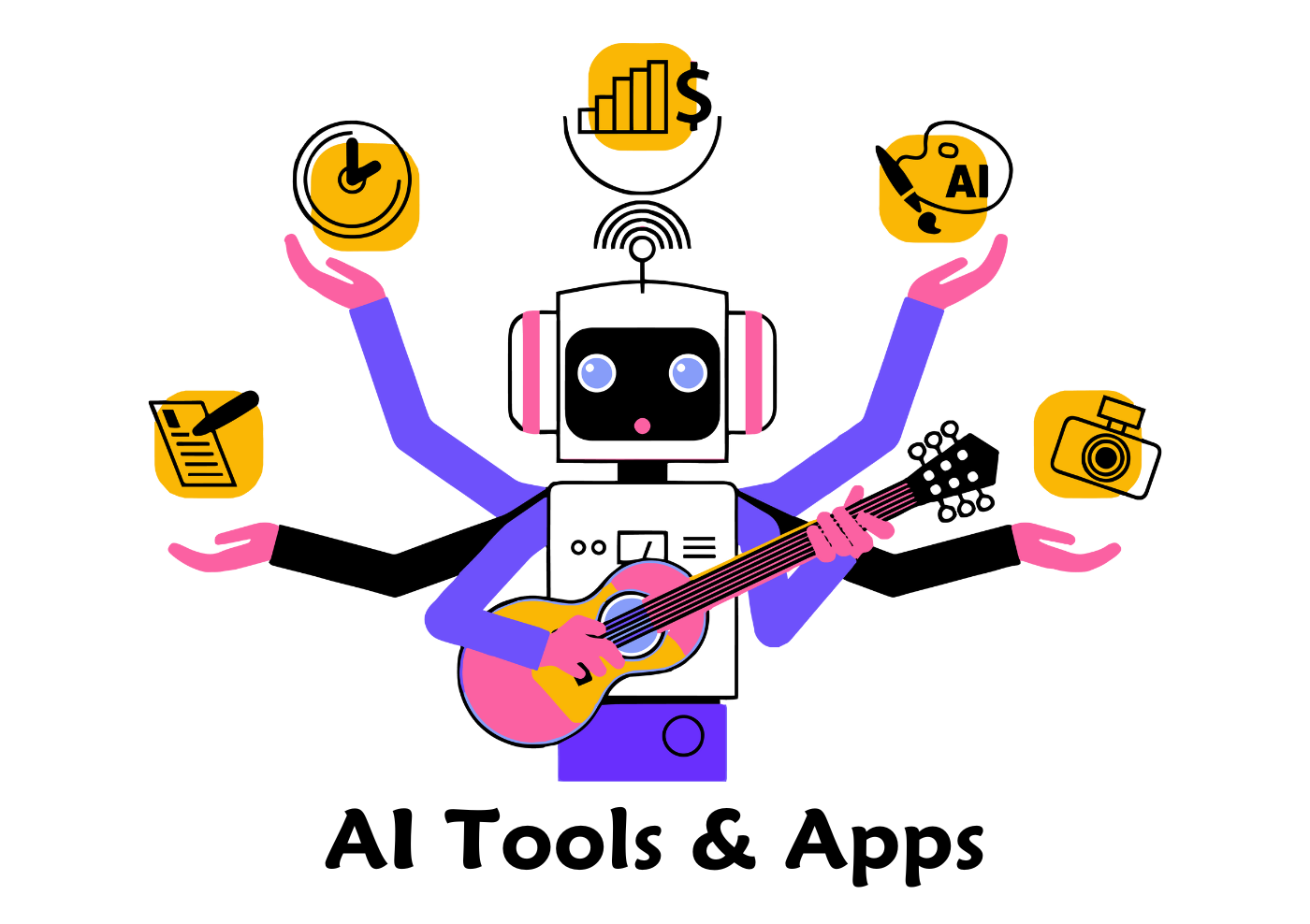
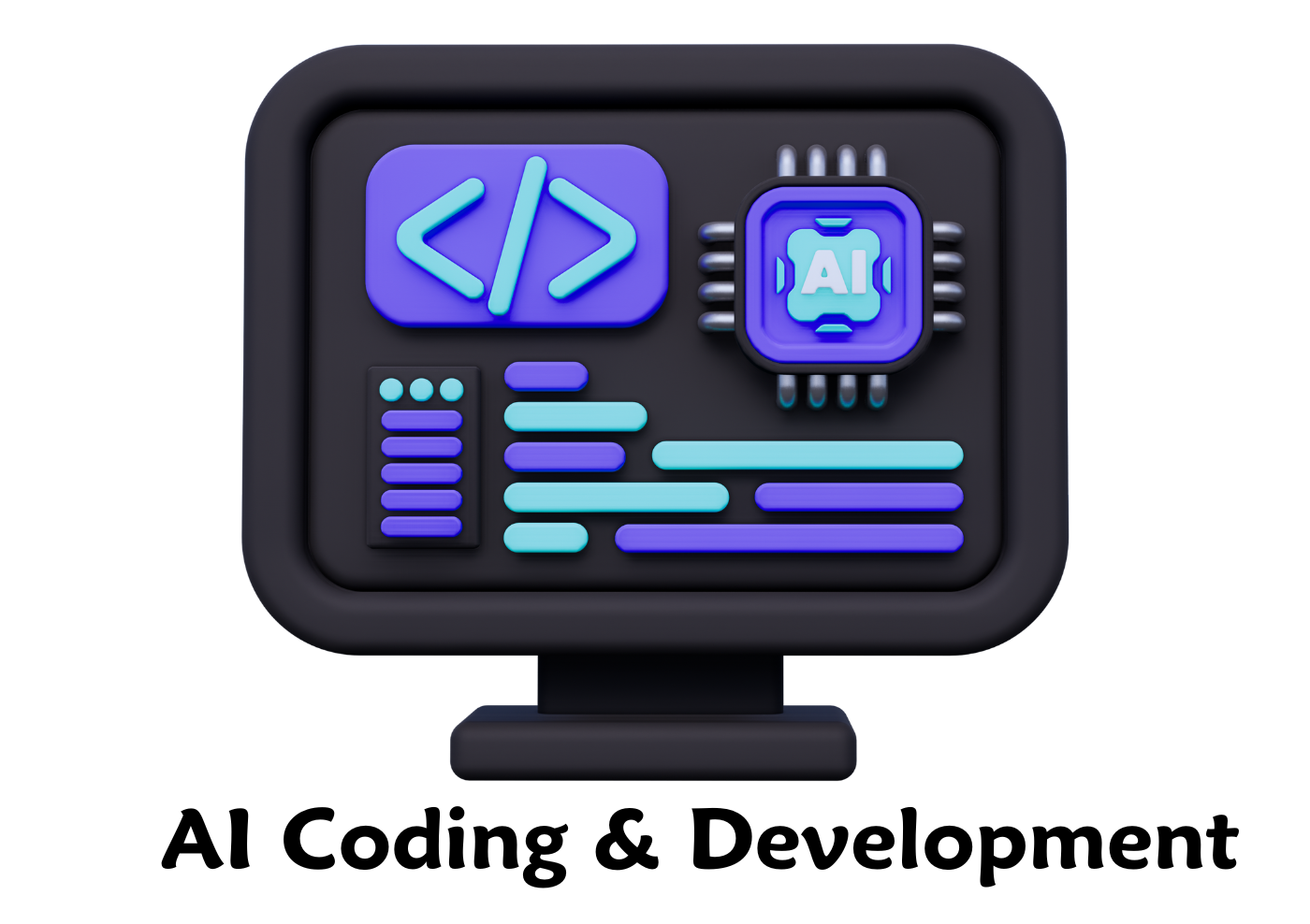
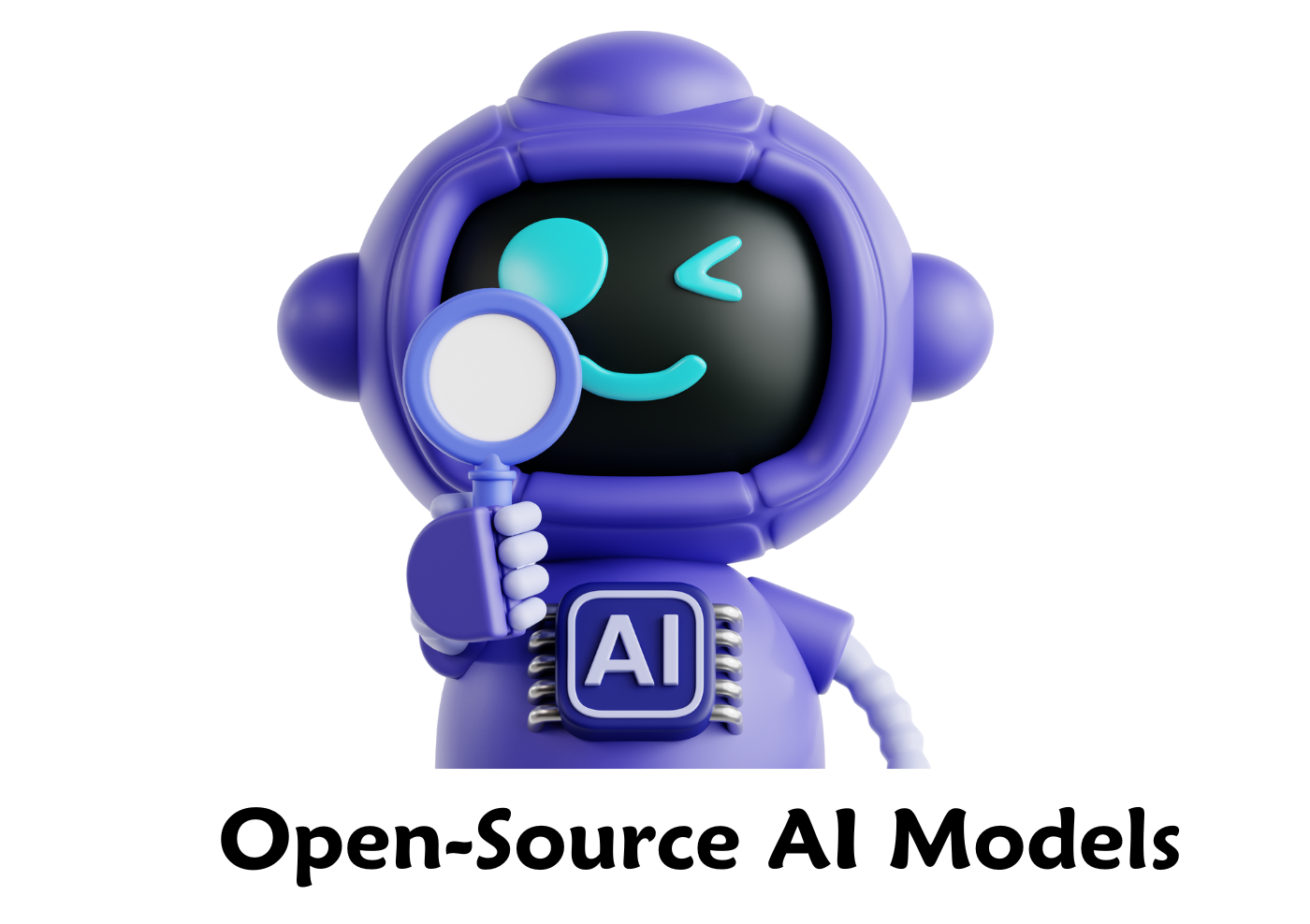
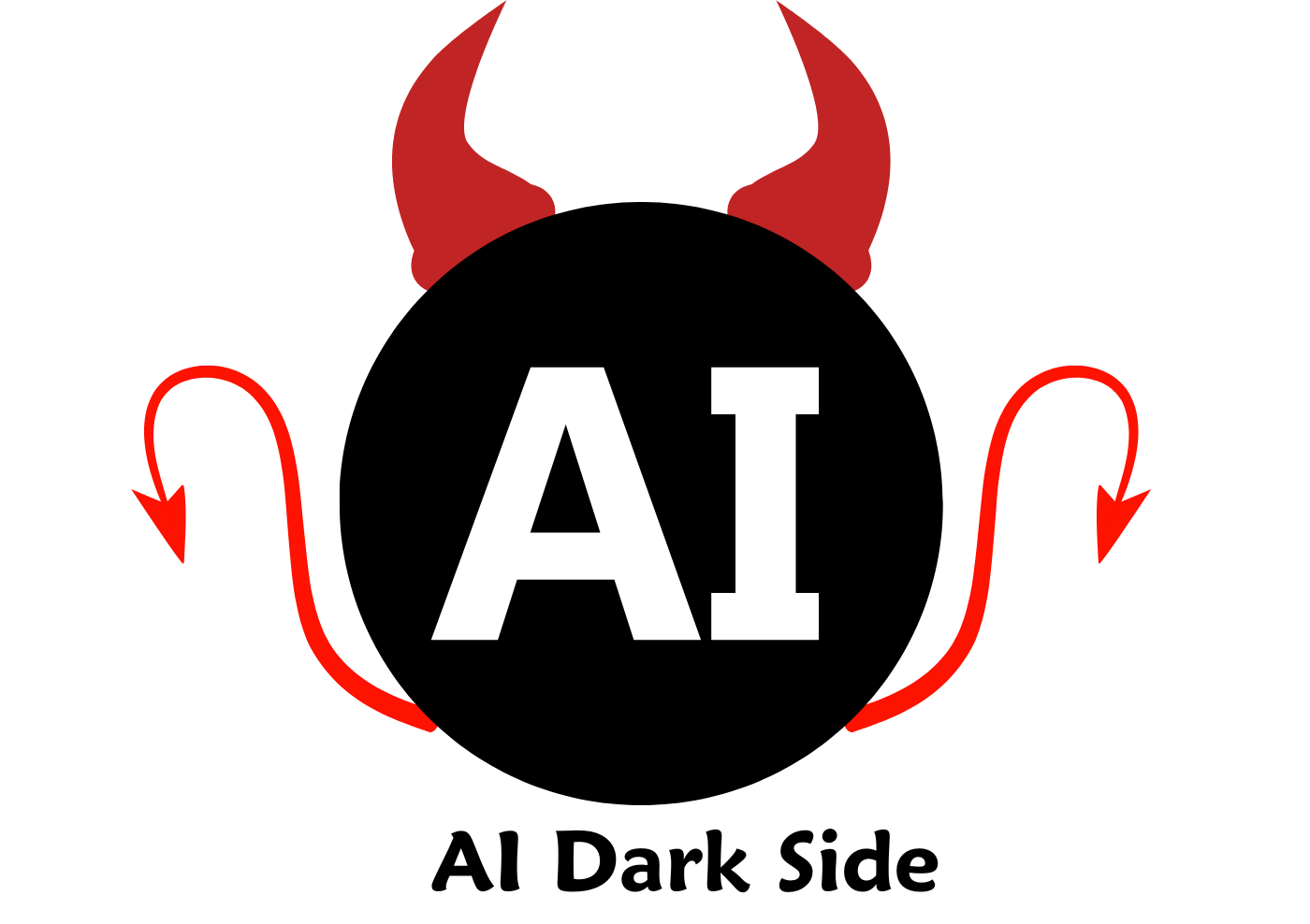








Leave a comment